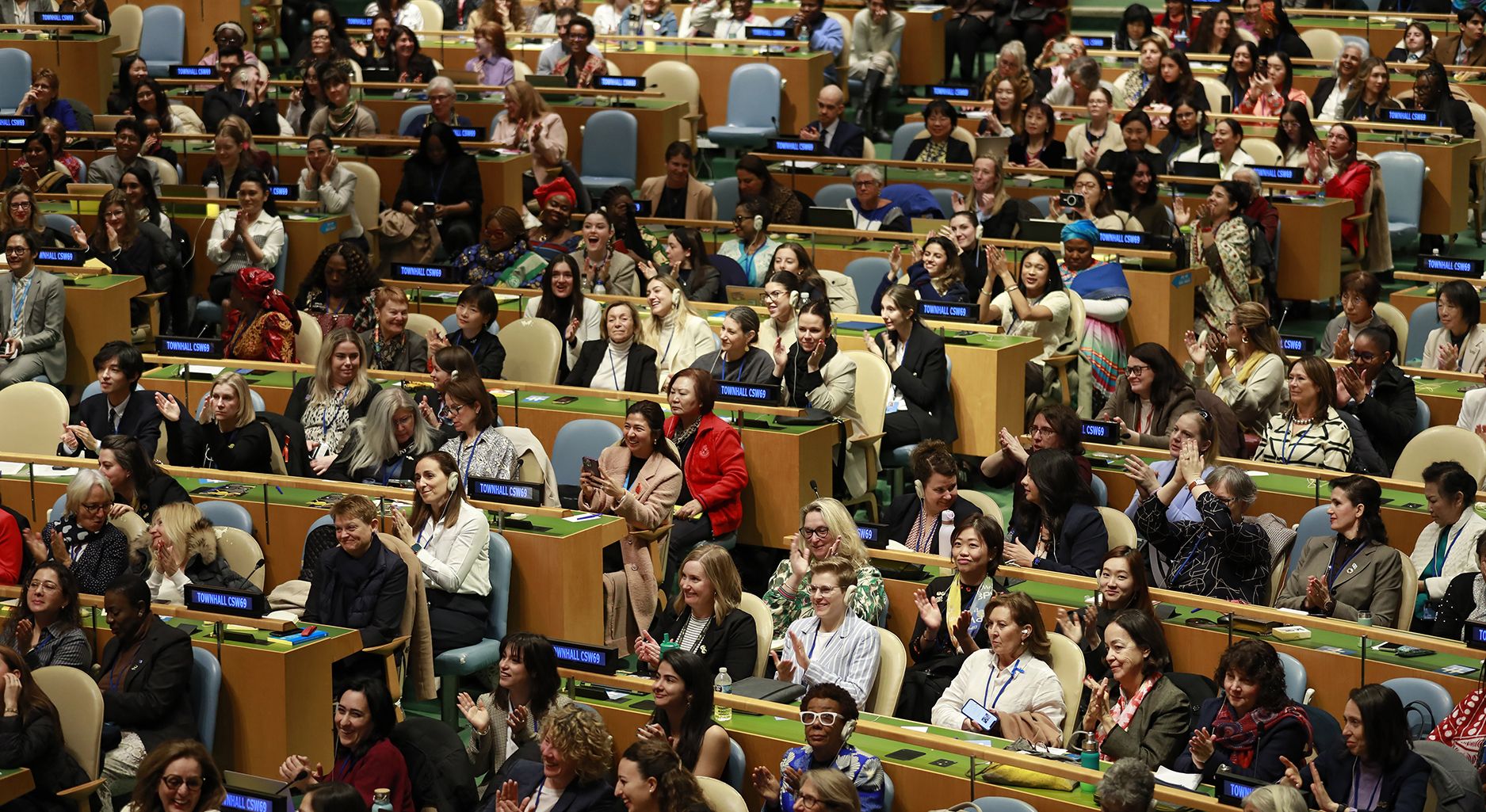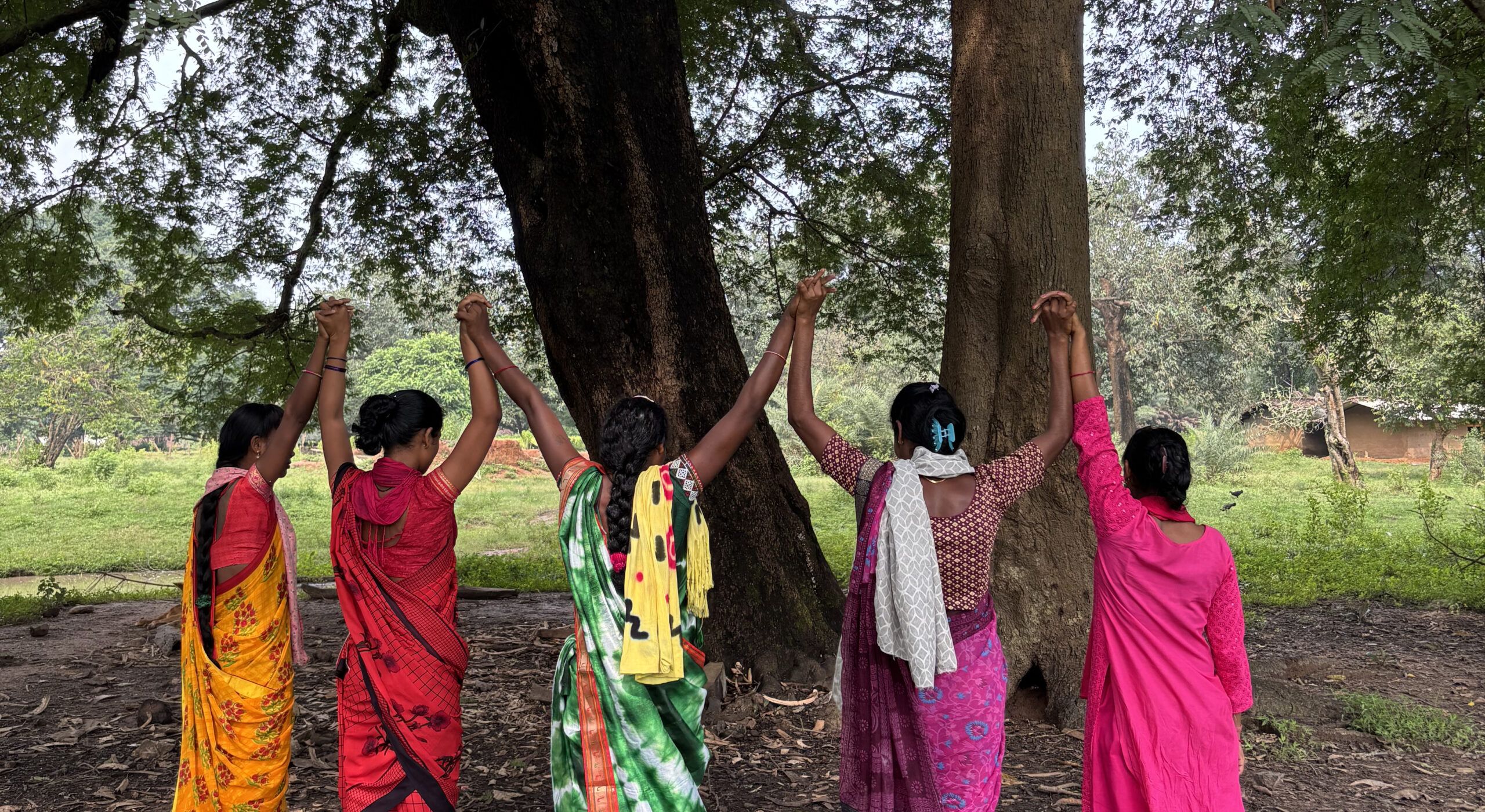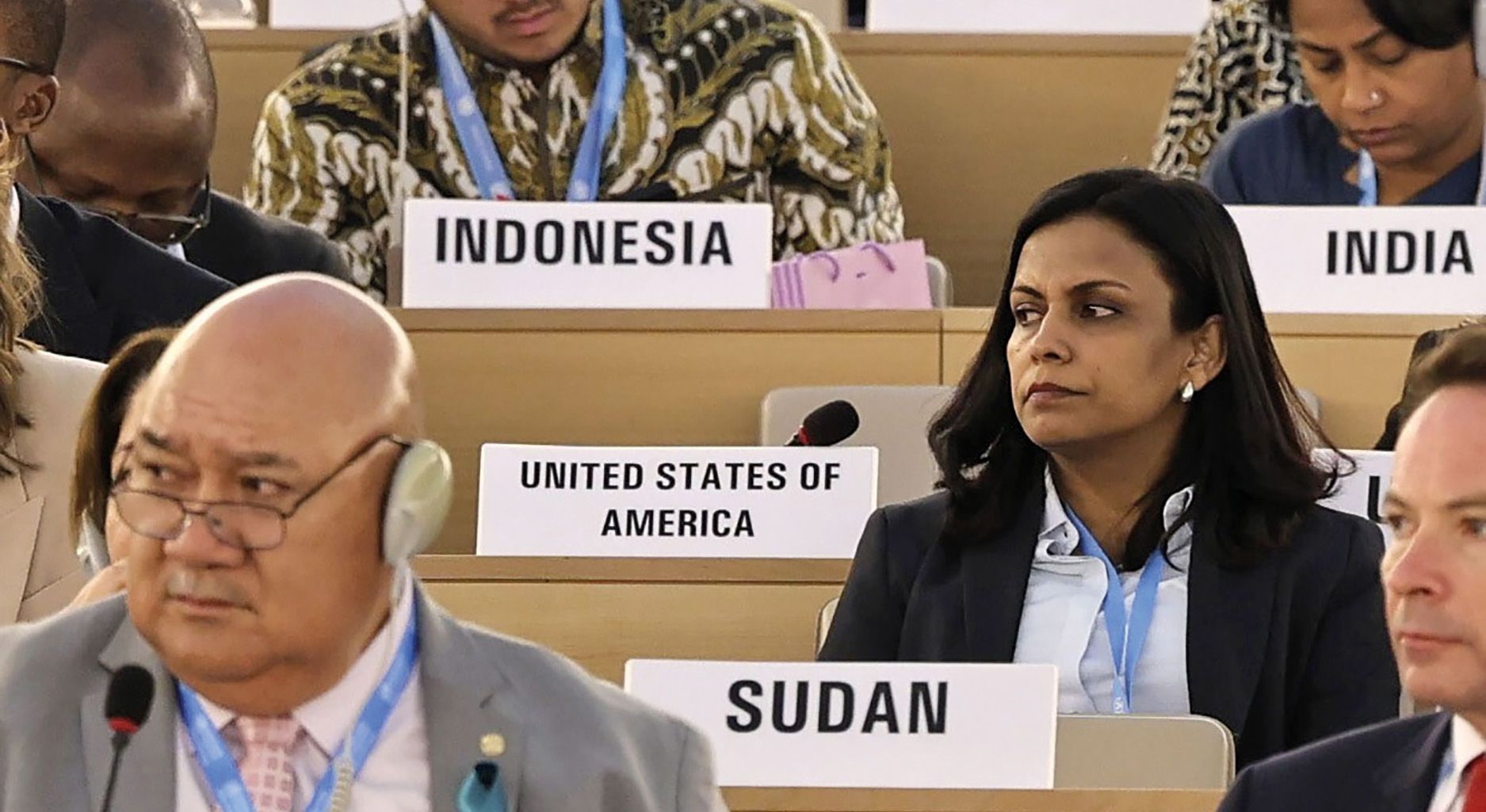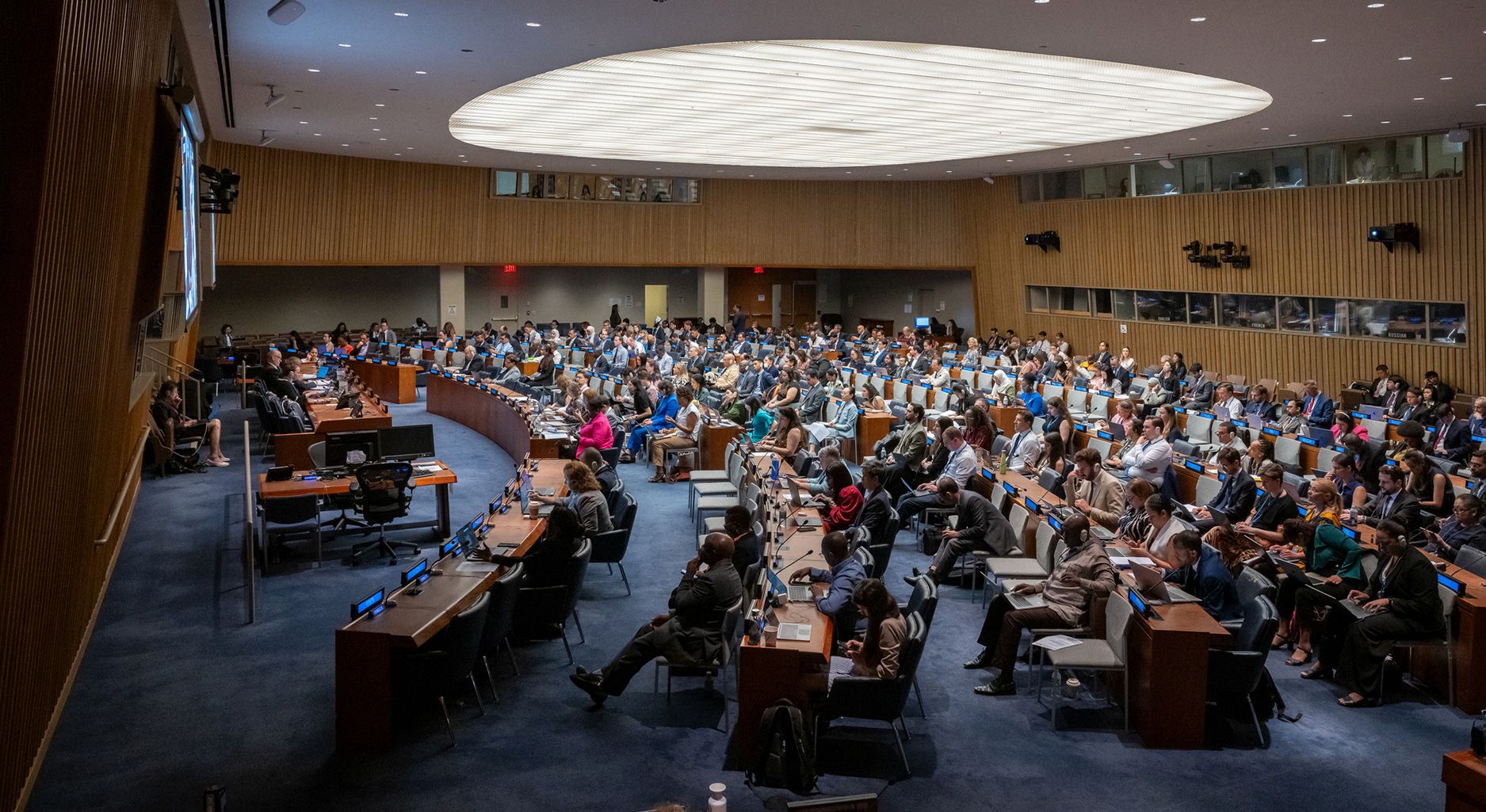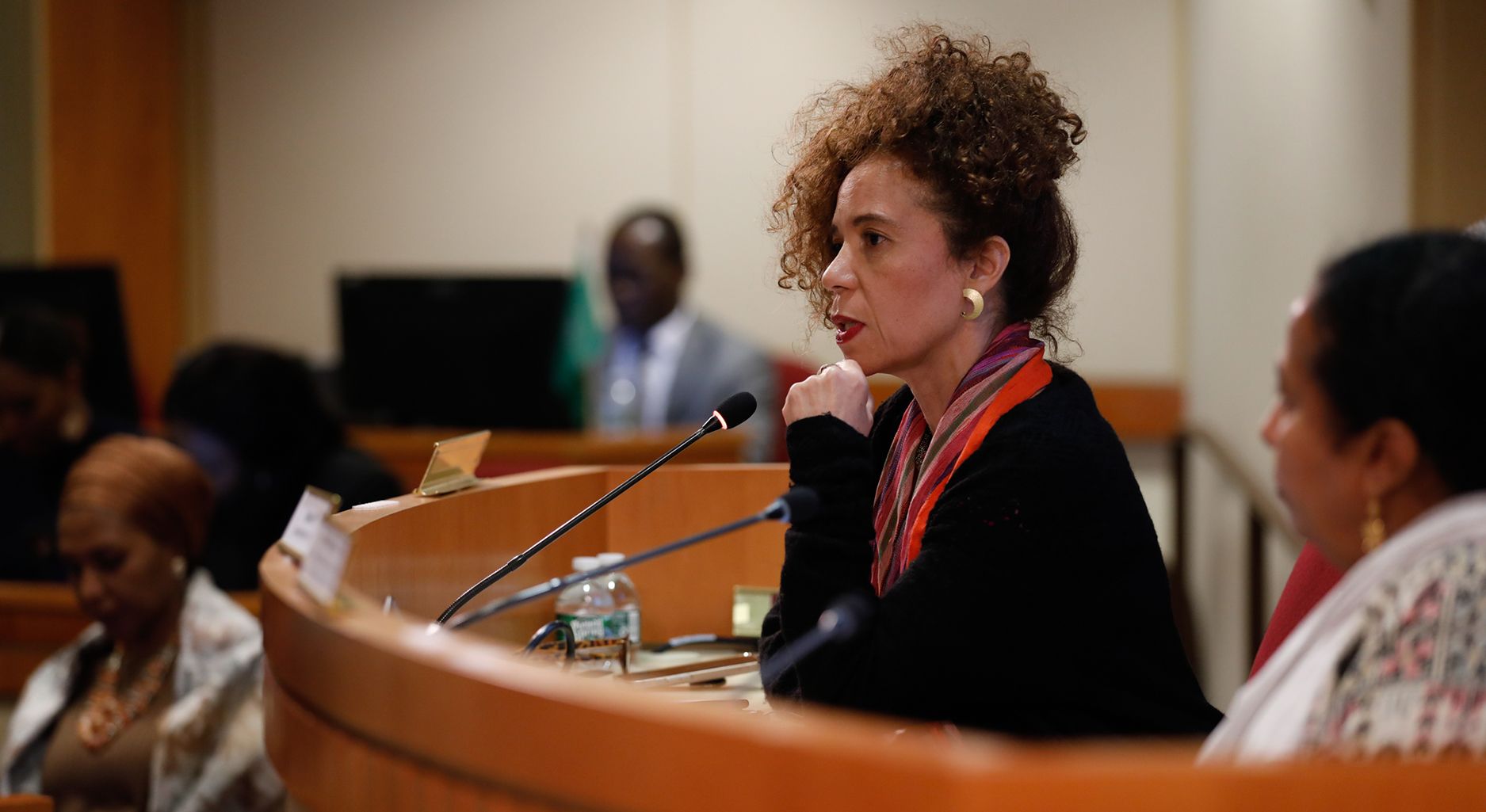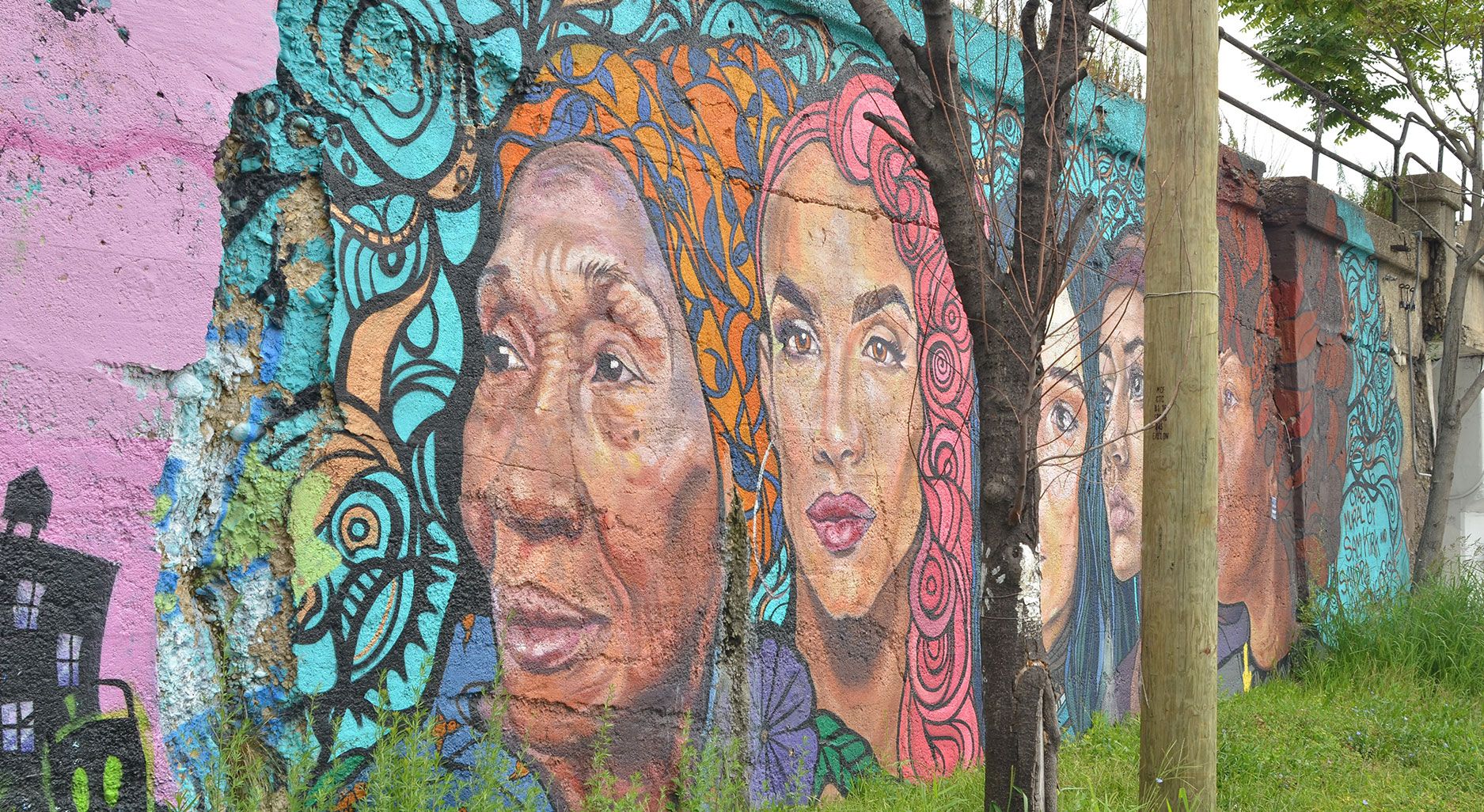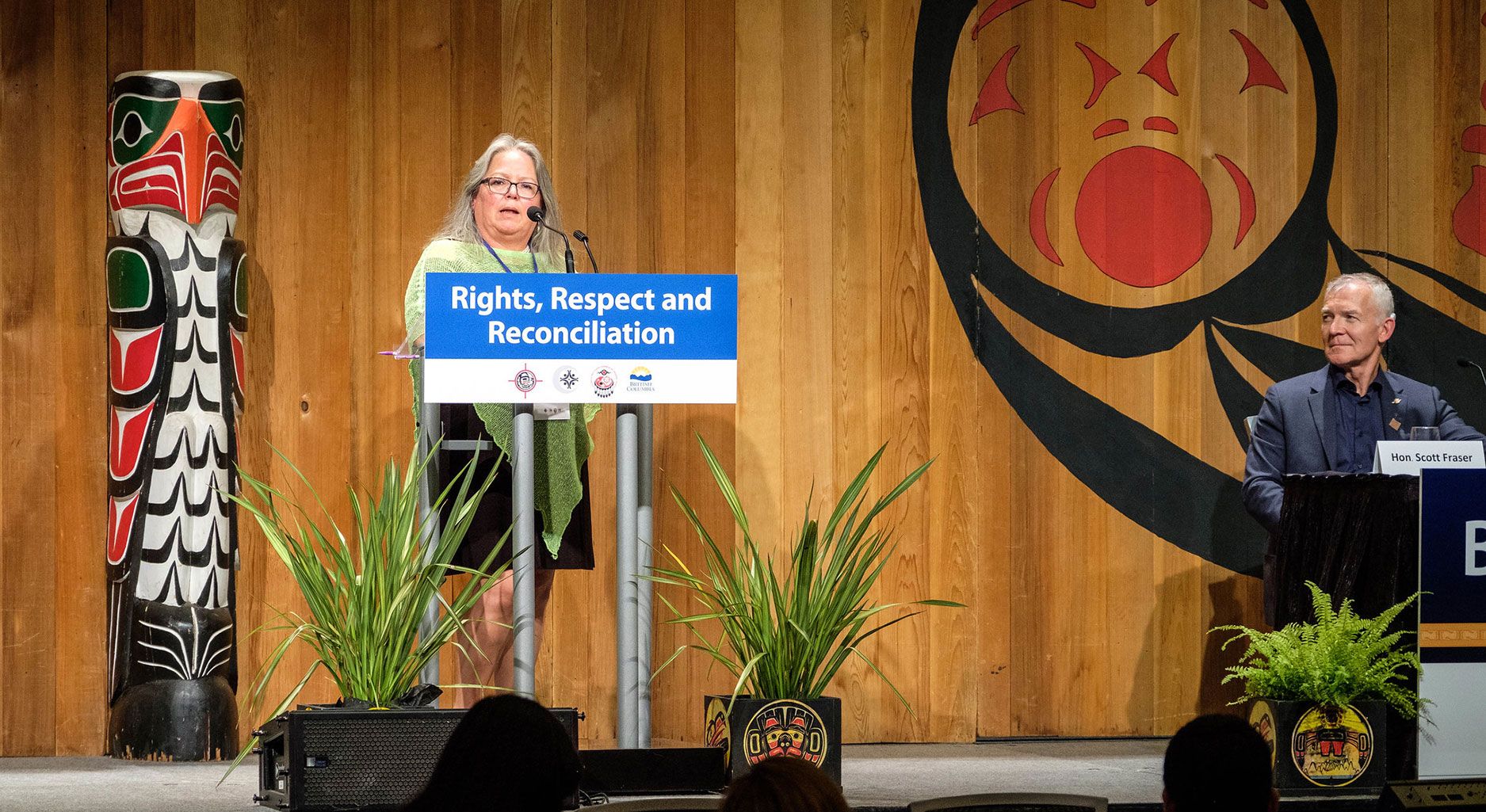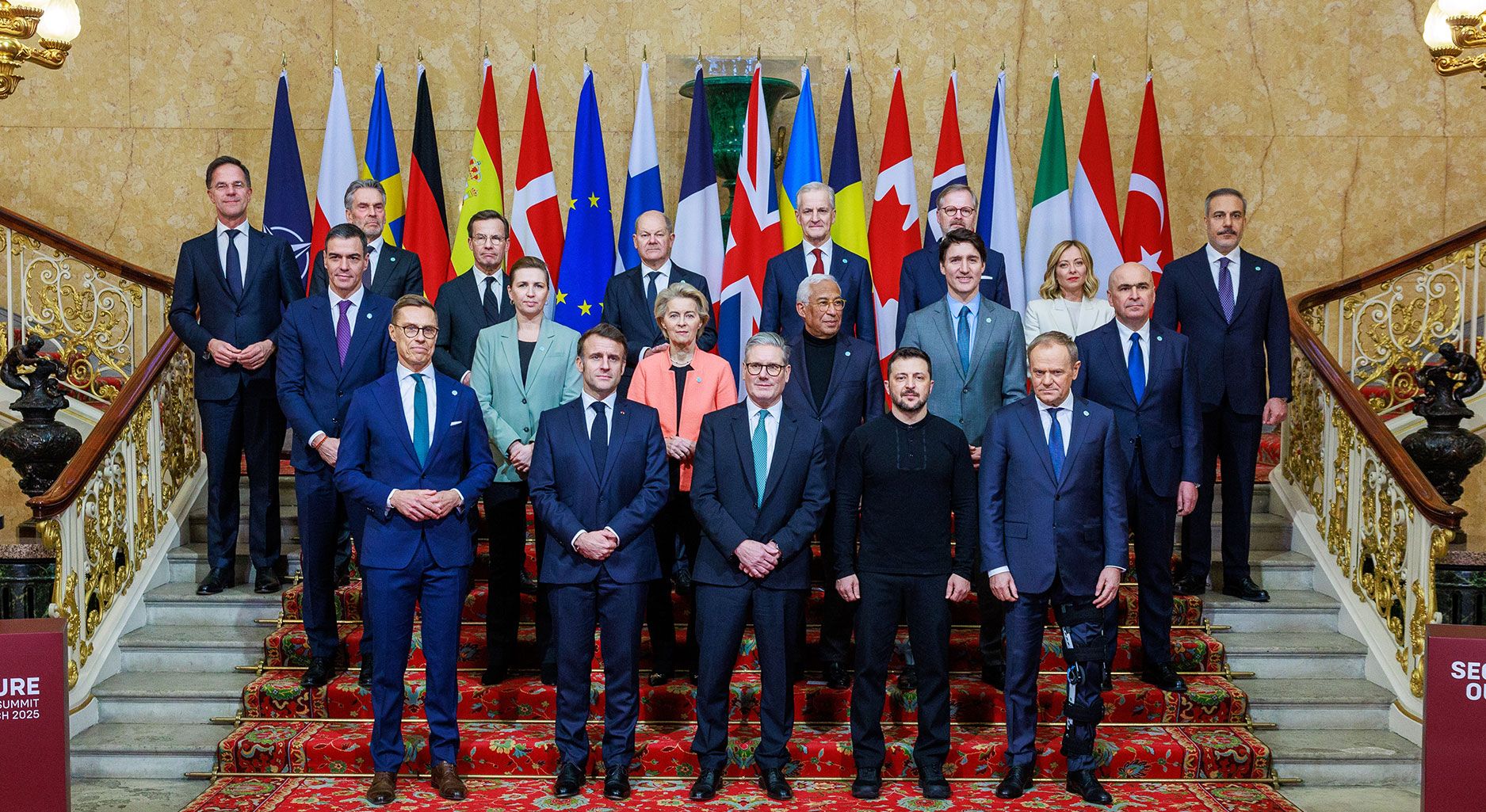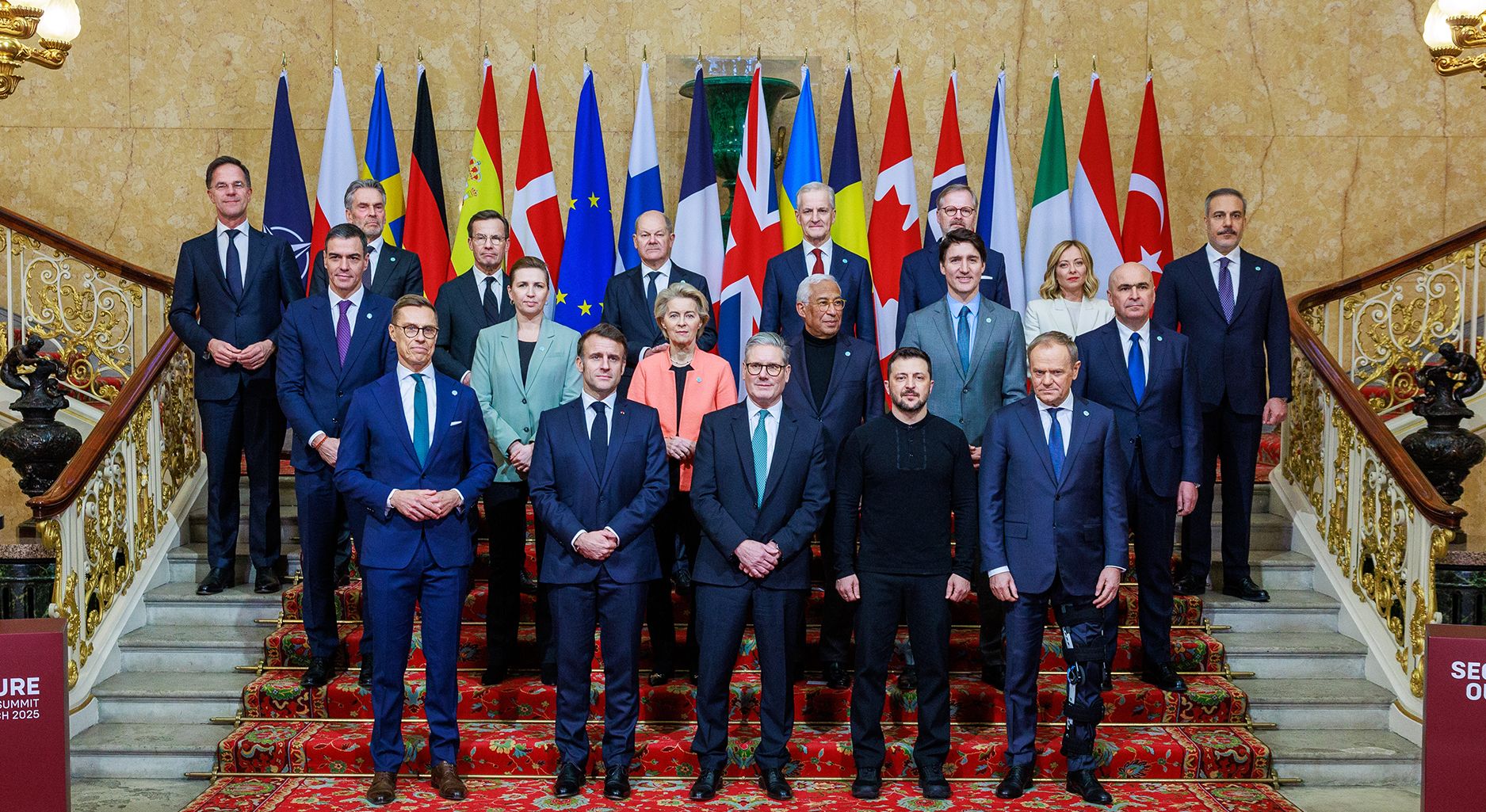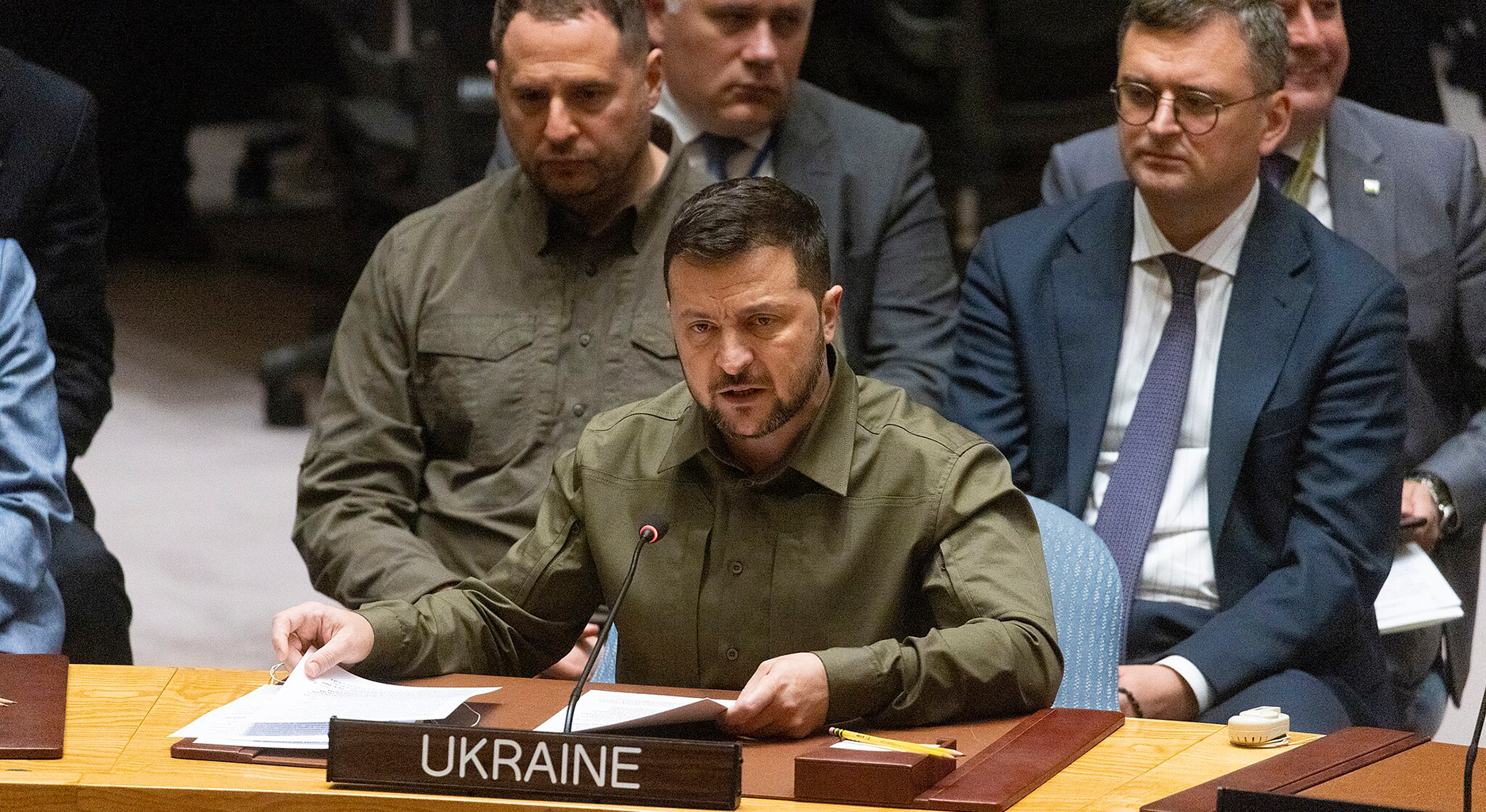Tag: United Nations
Twenty-five years after its adoption, the Women, Peace and Security agenda is operating within a...
Whose Peace? Which Security? Decolonizing the Women, Peace and Security Agenda in India
Twenty-five years after the adoption of the United Nations (UN) Women, Peace and Security (WPS)...
Der Globale Pandemievertrag – Kann eine regelbasierte Ordnung auch ohne die USA gelingen?
Im Mai 2025 haben die 194 Mitgliedsstaaten der Weltgesundheitsorganisation (WHO) einen globalen...
Consensus, Contestations and Silences: Reflections on the Final Session of the OEWG on Information and Communications Technologies
The 11th and final session of the UN Open-Ended Working Group (OEWG) on security of and in the...
25 Years of UNSCR 1325 on Women, Peace and Security (WPS): Birthday Party or Funeral?
What significance does the UNSCR 1325 or Women, Peace, Security (WPS) Agenda have in view of the...
25 Years of Women, Peace and Security: Between Promises, Backlash, and Feminist Reimagining
2025 marks 25 years since the adoption of UN Security Council Resolution 1325 on Women, Peace and...
Truth Spoken, Progress Delayed: Reflections on the Truth and Reconciliation Commission of Canada
Ten years ago, the Truth and Reconciliation Commission of Canada issued a historic report...
Maintaining the Rules-Based International Order: How Europe can Stand up to the Superpowers as an Alliance of Small States
When Western voices described the Russian invasion of Ukraine in February 2022 as an attack on...
Festhalten an der regelbasierten internationalen Ordnung: Wie Europa als Allianz kleiner Staaten gegenüber den Supermächten bestehen kann
Wenn westliche Stimmen den russischen Überfall auf die Ukraine im Februar 2022 als Angriff auf...
Is Lawfare Fair? Russia’s Illegal War and the International System
The search for recognised political legitimacy and legality is integral to states which take part...
